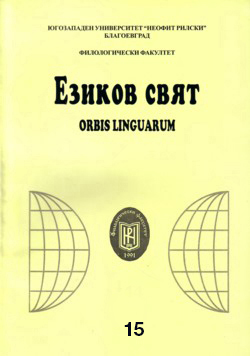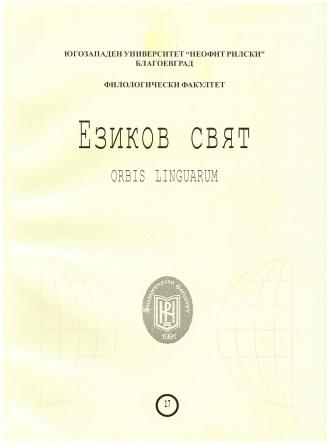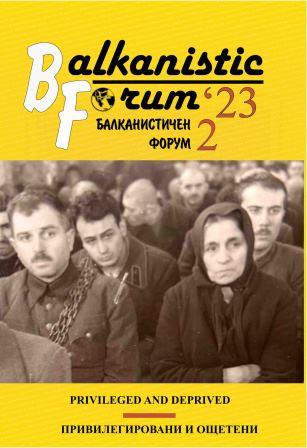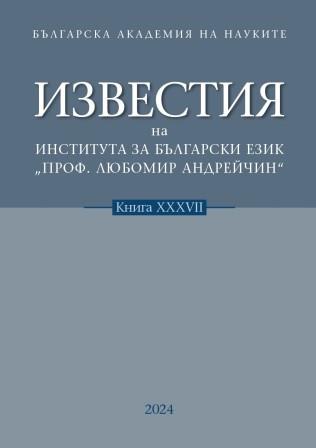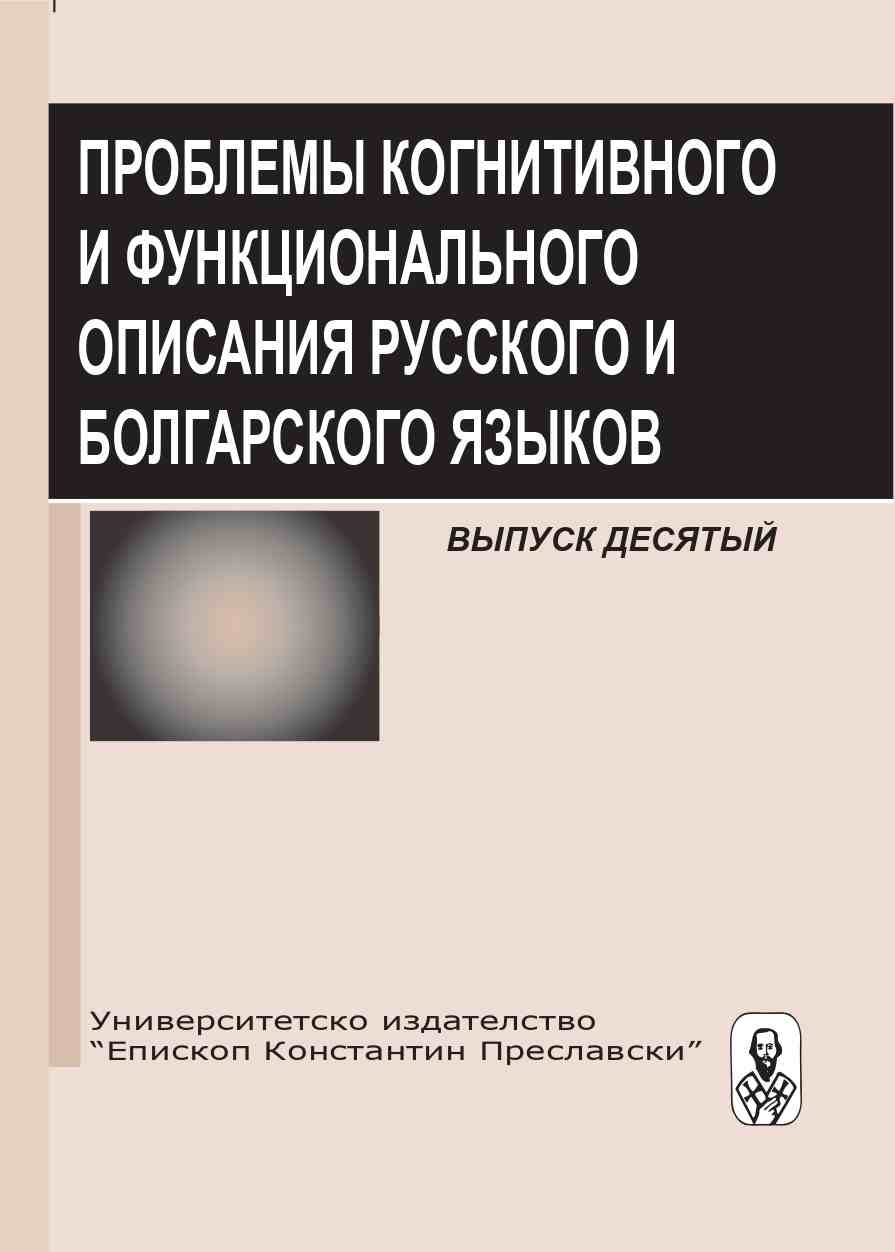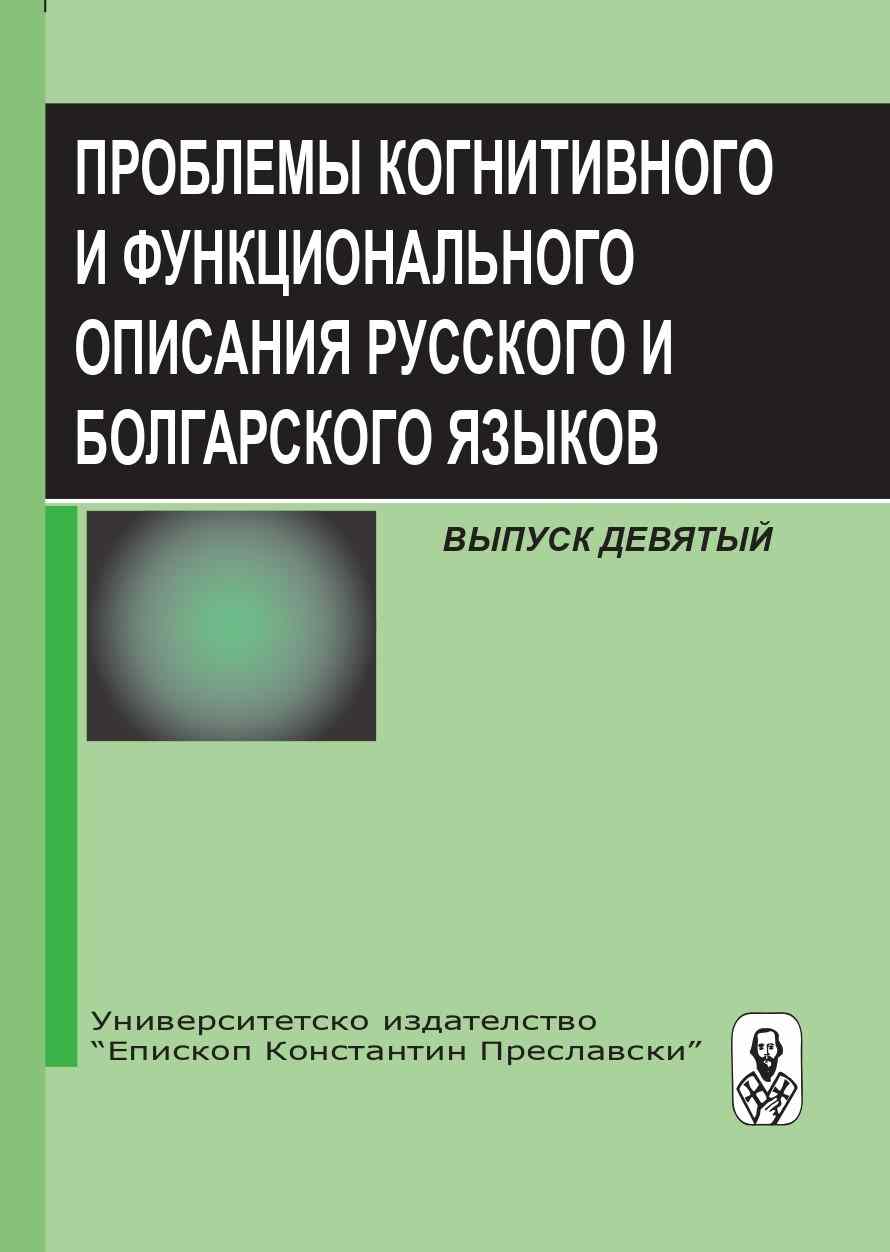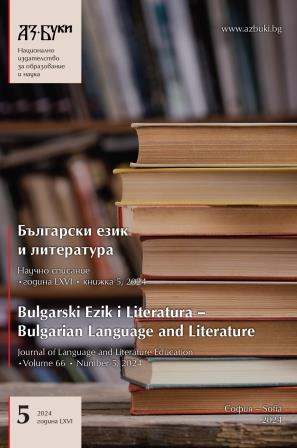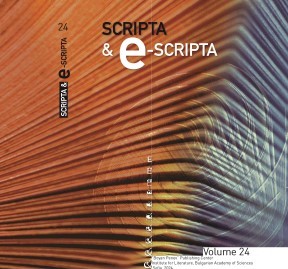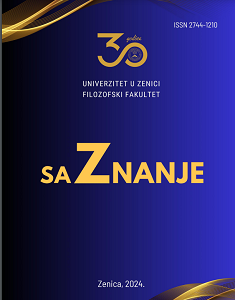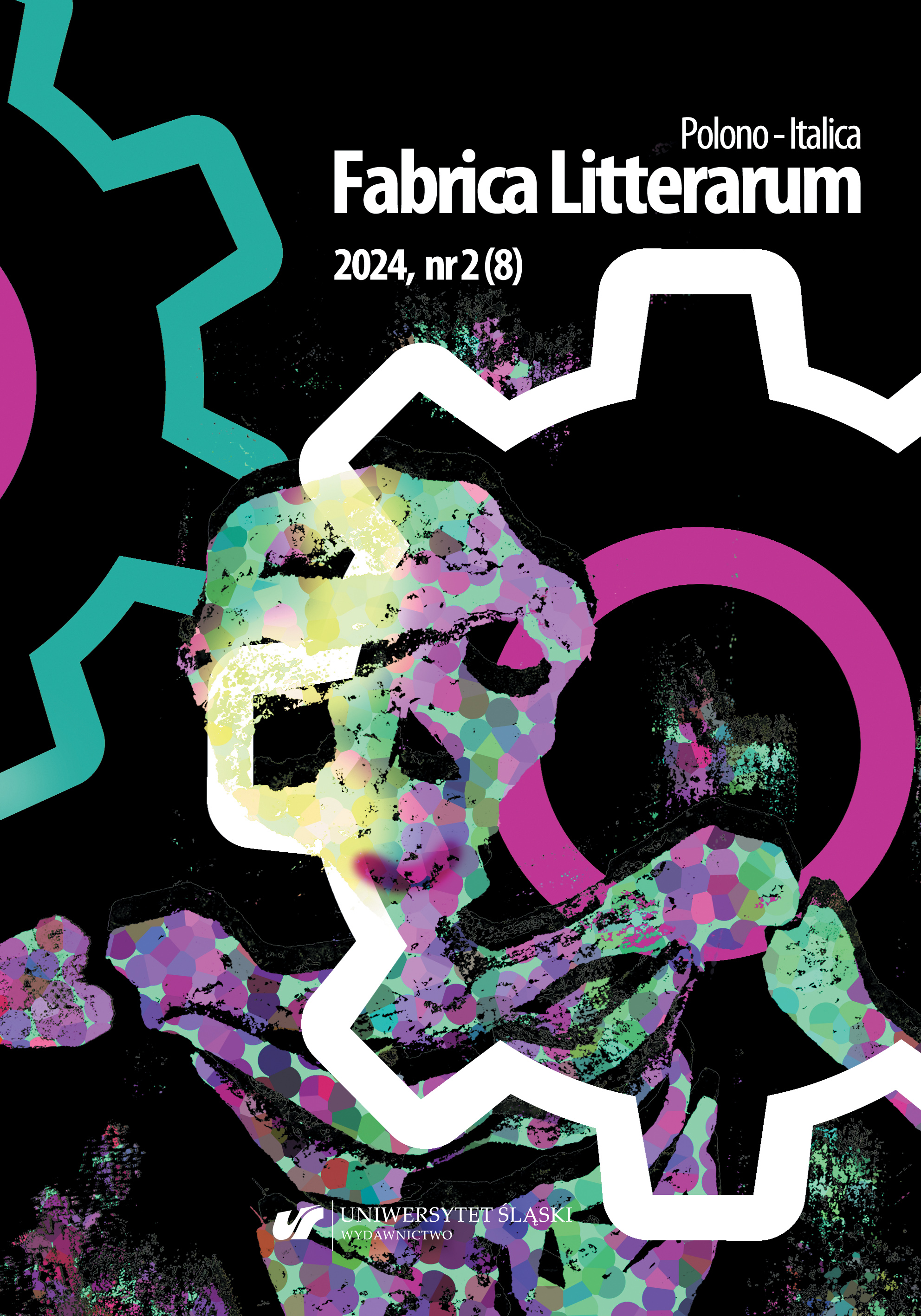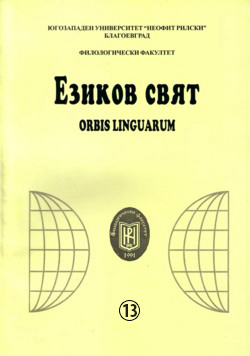
БЪЛГАРО-ГРЪЦКИ ХИБРИДНИ ФОРМАЦИИ (NOMINA AGENTIS)
The object of research of this study are the nouns that denote a producer of an action (Nomina agentis) with stems of Greek origin and Bulgarian suffix. The material has been excerpted from various Bulgarian etymological dictionaries, as well as from research works devoted to Greek loanwords in Bulgarian. With regard to methodology, the paper is based on a complex method combining the theoretical synchronic formulations of the Czech linguist M. Dokulil and the diachronic ones of the etymological-historical method. Hybrid formations are put to a word-building analysis and are classified by word-formative types.
More...
